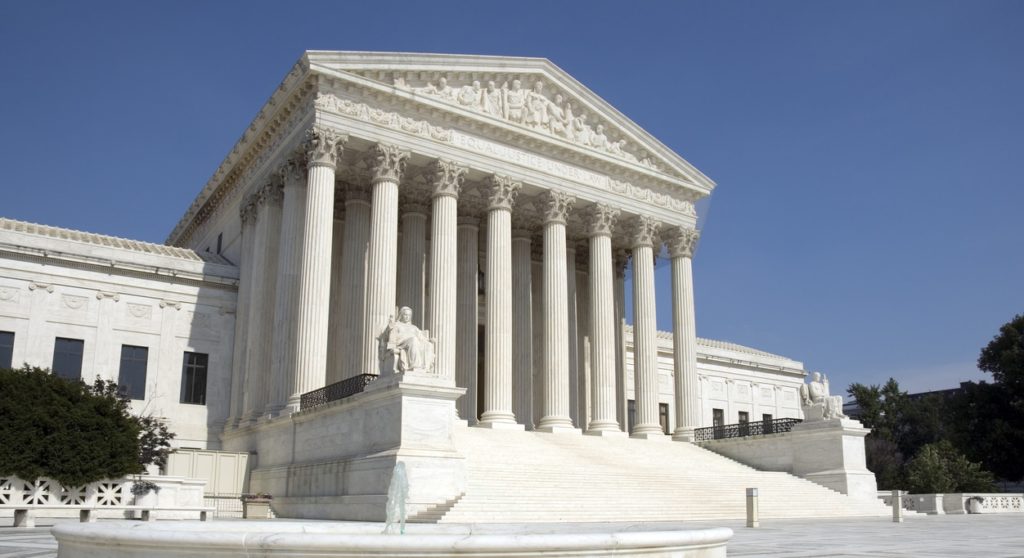Daniel Peterson, a former sales representative at Minerva Surgical Inc. who blew the whistle on a defective surgical device sold by the company, is petitioning the U.S. Supreme Court to take up his appeal of an arbitration award given to Minerva in whistleblower retaliation proceedings.
According to Peterson’s cert petition, Minerva discovered safety defects in an endometrial ablation device it had developed and thus modified the device to address the issues. However, according to Peterson, it continued to sell the device with safety defects instead of recalling them.
Peterson claims he was retaliated against after blowing the whistle on this issue and filed a retaliation complaint under California Labor Code § 1102.5. However, due to a clause in his employment agreement, his case was compelled to arbitration. At arbitration, Minerva reportedly testified that “there was nothing unsafe about the original device” and the arbitrator ruled against Peterson on all claims and awarded Minerva nearly $200,000 in fees and costs.
Peterson has appealed this arbitration award, in light of the fact that a patent filed by Minerva for the endometrial ablation device at the center of the case allegedly disclosed that an earlier version of the device had safety issues. However, despite this alleged direct contradiction of their testimony in the arbitration, both a district court and the Tenth Circuit ruled that they did not have the authority to vacate the arbitration award.
In his petition to the Supreme Court, Peterson is asking for the Court to reassess the standard for judicial review of arbitration proceedings.
Beyond Peterson’s retaliation case, the case could have major implications for other whistleblowers and the extent to which forced arbitration proceedings can be used to silence whistleblowers and retaliate against them without oversight.
